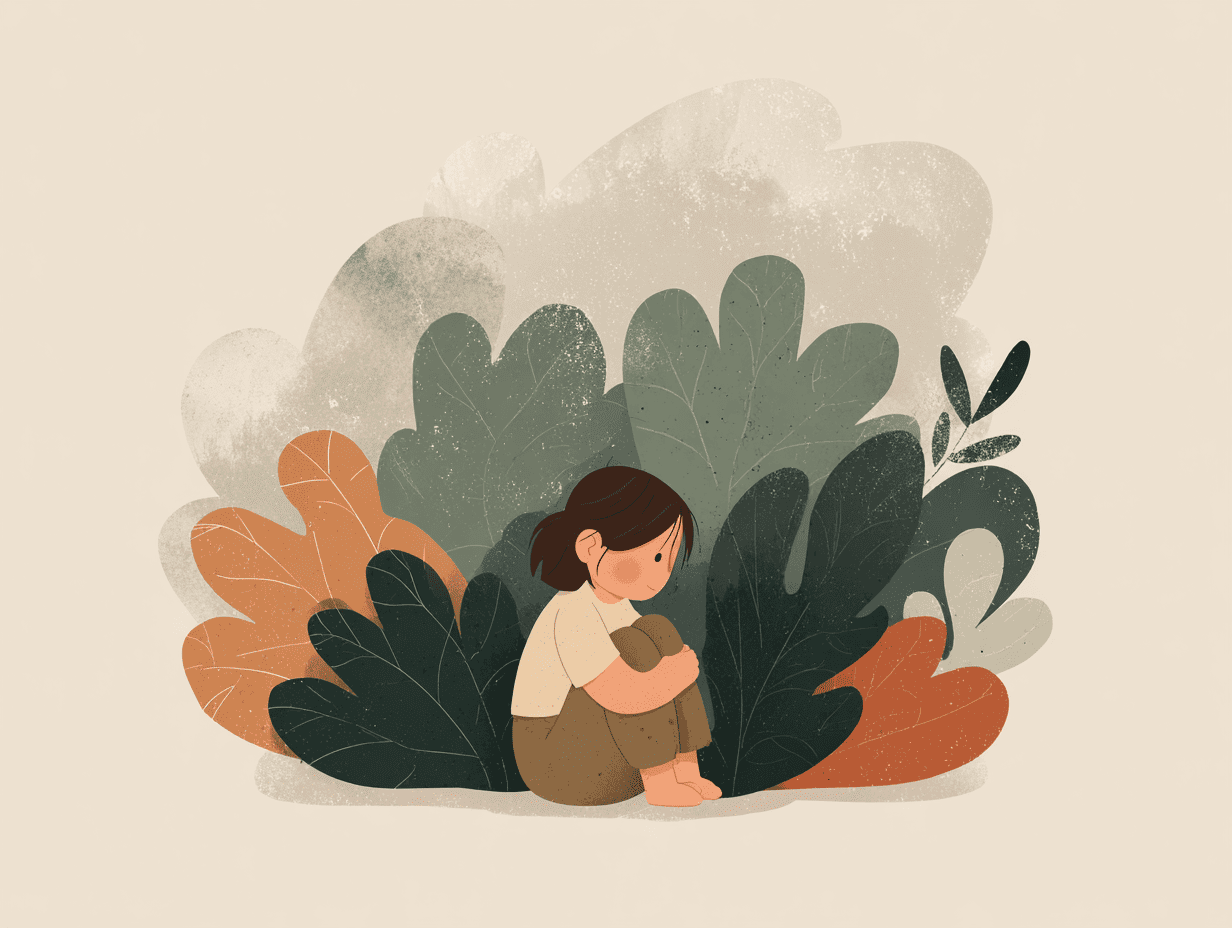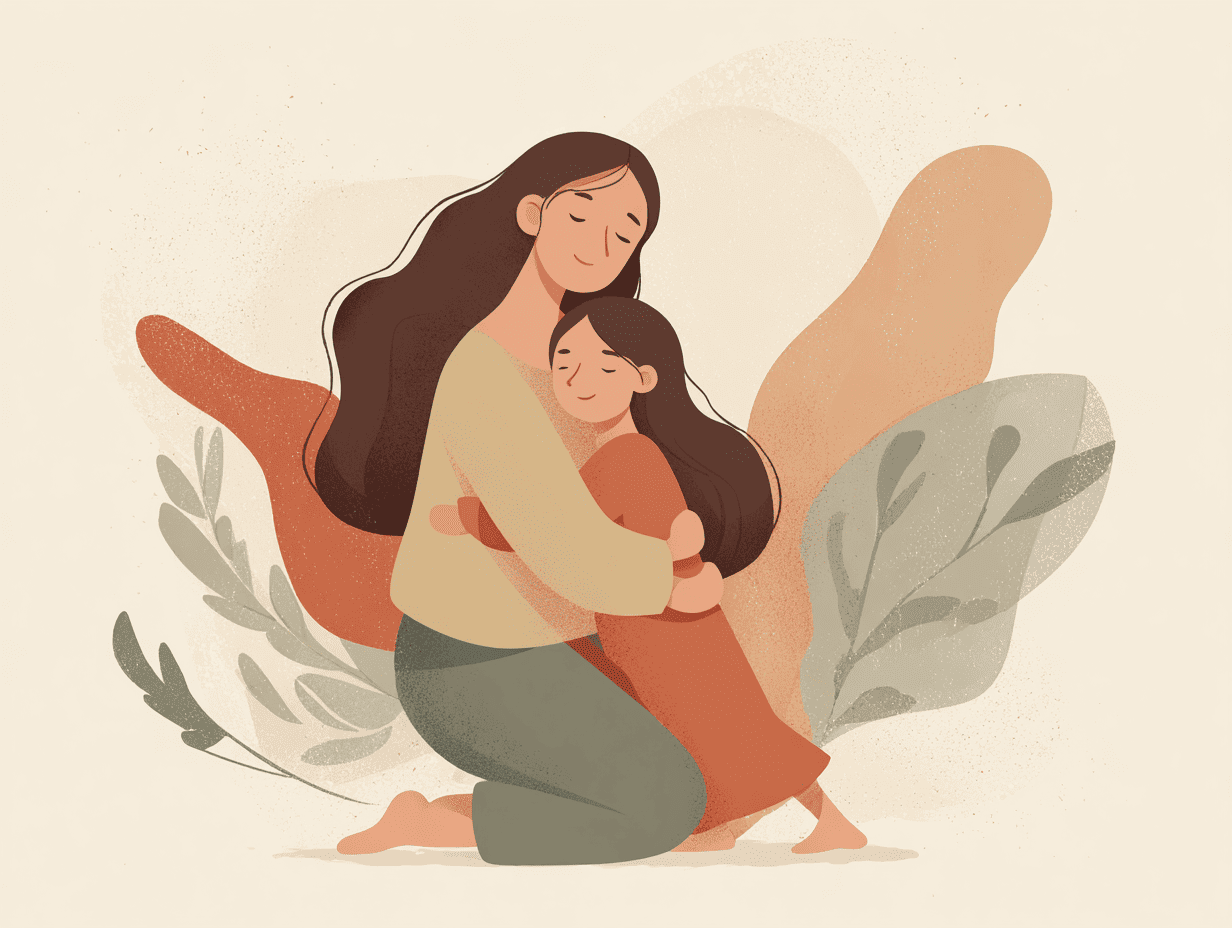My Inner Child Is Screaming: Meaning, Causes, and Healing
Ever felt an overwhelming emotional reaction that seems disproportionate to the situation? Many describe this as their “inner child" screaming. This powerful phrase points to deeply rooted childhood experiences influencing adult life.
Understanding this concept can unlock profound self-discovery and lead to healing inner child wounds.
What Does “My Inner Child Is Screaming” Mean?
Your “inner child” typically refers to the part of your psyche that holds your childhood experiences, emotions, and needs. When this inner child is "screaming," it indicates that past pain, unmet needs, or trauma are resurfacing and powerfully impacting your current feelings and behaviors, often in distressing ways.
Why Do We Hear the Voice of the Inner Child?
The concept of the inner child was first introduced by renowned psychologist Carl Jung, who described it as a part of our subconscious mind that drives many of our emotions and gut reactions. As we grow, our positive and negative childhood experiences, along with our feelings about them, form an internalized belief system that we carry into adulthood.
When a wounded child exists within, it's often due to unaddressed childhood trauma, neglect, or other emotional pain. This pain may have been buried deep as a protective mechanism. These adverse childhood experiences can range from neglect or abuse to losing a loved one, experiencing financial distress, or even feeling unheard or misunderstood.
The "voice" of the inner child, or its "screaming," is typically heard when current situations trigger strong emotions, discomfort, or old wounds. For example, a partner becoming busy might trigger feelings of rejection and frustration, mirroring how you felt when parents canceled plans due to their busy schedules.
How Ignoring the Inner Child Affects Us
Ignoring your inner child can have far-reaching consequences, manifesting as distress in personal relationships and difficulty meeting your own needs. When you lose conscious awareness of your inner child, you may struggle with regulating emotions and revert to a regressed state when upset.
This can lead to various emotional and behavioral struggles, including:
Unresolved emotions and negative self-talk.
Low self-esteem and feelings of abandonment or rejection.
Difficulty setting boundaries.
Increased feelings of guilt, shame, or regret.
Frequent conflict in relationships or, conversely, a need to avoid relationships entirely.
Maladaptive coping mechanisms such as people-pleasing, self-sabotage, passive-aggressive behavior, and emotional suppression or repression.
Mental health issues like anxiety, depression, post-traumatic stress disorder (PTSD), and addiction.
Healthy Ways to Respond to the Inner Child
Responding to your inner child involves inner child work, a process of connecting with and healing the younger parts of your psyche. This therapeutic journey aims to nurture yourself, validate your needs, and express emotions in healthy ways.
Here are several effective ways to begin this healing journey:
1. Acknowledge Your Inner Child
The first step to healing your inner child is recognizing its presence and accepting the pain from your past. Think of it as a process of self-discovery, allowing yourself to explore childhood experiences that may still cause emotional pain today.
2. Listen to Its Voice
After acknowledging, pay attention to the feelings that arise, especially in situations that trigger strong emotions. Trace these feelings back to specific childhood events to identify the root of distress.
3. Journal from Its Perspective
Journaling can help you sort through confusing experiences. Try writing from your child self's perspective to recognize unhelpful patterns that began in childhood and express feelings without reservation.
4. Practice Meditation
Meditation can boost mindful self-awareness, making it easier to notice emotional triggers and get comfortable with unwanted emotions. Loving-kindness meditation can send love to your child self, and visualization meditation can help you "visit" them.
When to Seek Professional Support
While self-help techniques can be beneficial, if you have experienced significant childhood trauma, persistent anxiety or depression, substance misuse, disordered eating, self-harm, or suicidal thoughts, seeking professional help is crucial.
Therapists can provide a safe space to navigate emotional turmoil and teach helpful strategies for healing inner child wounds. Not all therapy types prioritise past exploration, but certain modalities are particularly effective for inner child work:
Psychodynamic Therapy focuses on how past experiences, including childhood trauma, shape your present, using the client-therapist relationship as a vehicle for change.
Internal Family Systems (IFS) Therapy helps bring different parts of your psyche, including younger child parts, into harmony.
Inner Child Therapy, also known as inner child work, specifically focuses on this process, helping clients understand and provide for their childhood needs as adults.
Schema Therapy explores how early childhood experiences create internal wounds that manifest as unhelpful beliefs and behaviors in adulthood, aiming to soothe and "re-parent" the inner child.
Other approaches like ego state therapy, Gestalt therapy, and cognitive behavioral therapy (CBT) can also incorporate inner child concepts.
Healing When “My Inner Child Is Screaming”
When your inner child is screaming, it often signals unresolved pain, unmet needs, or trauma resurfacing in adulthood. Ignoring these cries can lead to anxiety, strained relationships, and unhealthy coping patterns. Healing requires acknowledgment, compassion, and often, professional support.
That’s where Soul Space can help. Soul Space is Malaysia’s leading affordable mental health centre, trusted for its LKM-licensed counsellors and psychologists. We provide therapy sessions starting from RM60, with subsidies for students and the B40 community, in a safe, inclusive, and multilingual environment that welcomes all, including LGBTQIA+ clients.
Take the first step toward healing your inner child with Soul Space — Malaysia’s trusted centre for compassionate, professional mental health support.
Sources
Healthline – 8 Ways to Start Healing Your Inner Child
Verywell Mind – Inner Child Work: How Your Past Shapes Your Present
BetterHelp – Inner Child Work: Understanding Your Childhood To Improve Mental Health
Cleveland Clinic – Meet Your Inner Child
Medical News Today – What is inner child therapy? What to know
Psychology Today – When Your "Inner Child" Hijacks Your Adult Relationships



